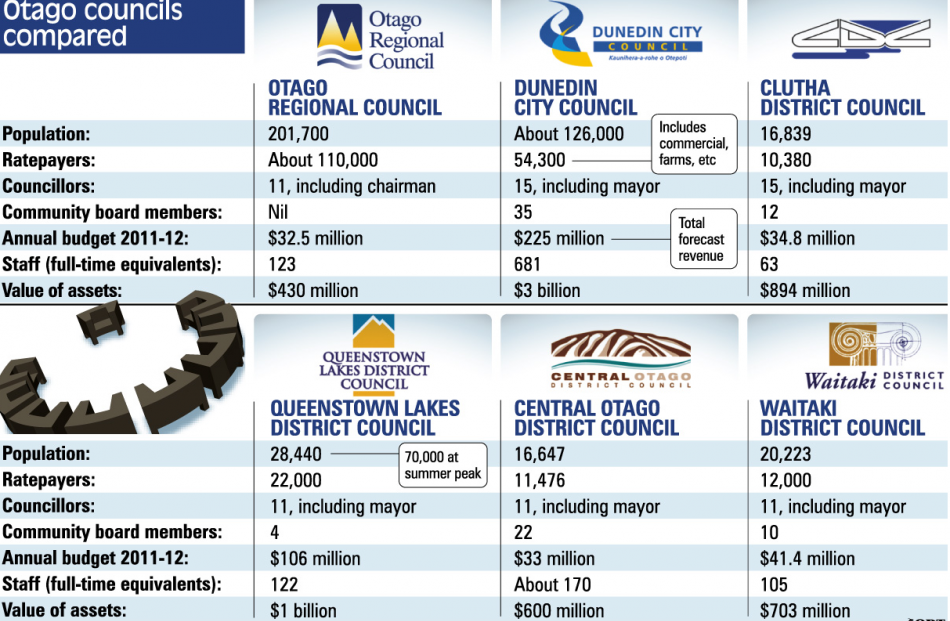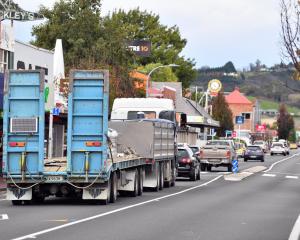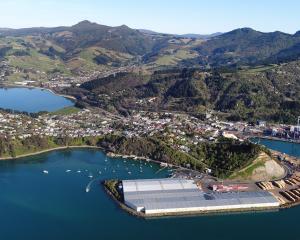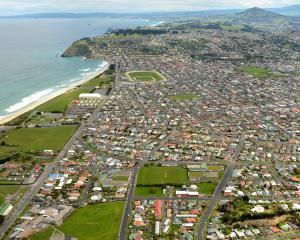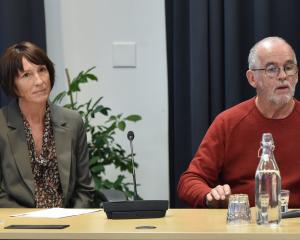The prospect of two super councils spanning Otago - one for the coast and another inland - could be on the agenda, with Dunedin Mayor Dave Cull set to test the "appetite for change" with other southern mayors.
Mr Cull told the Otago Daily Times the local government reforms announced this week had sent a clear signal about the need to simplify the country's network of city, district and regional councils.
That meant it was an "appropriate time" to discuss the implications of the reforms announced by now ex-local government minister Nick Smith on Monday.
Mr Cull planned to broach the subject at the next Otago Mayoral Forum, although he would not be drawn on his preferred model.

Dunedin city councillor Lee Vandervis also joined the debate yesterday, renewing previous calls for the Otago Regional Council to be absorbed into the Dunedin City Council.
Cr Vandervis - a long-time advocate of such a merger - said having two overlapping councils meant duplication, extra costs and additional hurdles standing in the way of the city's development.
"Strategically, it would be far, far better for Dunedin to have one council making decisions.
"We've currently got local government that has got two heads ... and there are very artificial lines being drawn around where the necks meet, regarding which head does what.
"This is a case where two heads are simply not better than one."
The reforms announced by Dr Smith this week were designed to make it easier for willing councils to amalgamate, where it made sense to do so, by reducing some of the hurdles preventing mergers.
Any proposal from a community or council could be considered by the Local Government Commission, and a poll of all affected areas would require only a simple majority to pass, rather than a majority in each area.
However, the commission would still need to determine whether any change had public support, and communities would be consulted.
It was expected the changes could prompt more interest in unitary councils, but the commission would need to be sure water catchment issues could be managed effectively, Dr Smith said.
Auckland was an example of the potential benefits, where creation of the Auckland Council had reduced overall staff numbers by 2000 and saved $140 million in the first year while maintaining service levels, Dr Smith said.
In Otago, discussions were expected to include the creation of a unitary council covering coastal Otago, combining the Dunedin City Council, Waitaki and Clutha district councils and the regulatory roles of the Otago Regional Council for that area.
A second unitary council could span inland Otago, merging the Central Otago and Queenstown Lakes district councils and the ORC's roles in that area.
That would reduce the number of councils in Otago from five to two, with a separate catchment authority left to focus on the Taieri and Clutha catchments alone.
Alternatively, some councils with shared issues - such as the Central Otago and Queenstown Lakes district councils - could amalgamate, or seek greater efficiencies through more shared back office or other services.
ORC chairman Stephen Woodhead - chairman of the Otago Mayoral Forum - said the government reforms were a good reason to discuss possible changes, and he would be "happy to talk".
However, he doubted the drivers for change to a unitary council model existed in the southern South Island.
"I'm not trying to defend the status quo at all. If there's a better way, let's have a chat about it and explore it.
"I just don't see the underlying issues, the drivers or the benefits."
There was a "significant difference" between the responsibilities and expertise of ORC staff and those of city and district councils, he said.
The latter focused primarily on service delivery, such as roads or water, while the ORC's focus was on managing natural resources - water, air and land.
In particular, the Taieri and Clutha catchments required a "whole of catchment approach", and the skills of expert staff, he said.
"It operates far more efficiently, I believe, in a separate organisation."
Mr Woodhead said it was difficult to say whether savings could be achieved by the creation of unitary councils, and having the ORC's base in Dunedin helped recruit skilled staff.
Mr Cull said the idea of unitary councils and catchment authorities had been raised elsewhere in New Zealand, but the issue in Otago was the big differences in the economy and topography within its borders.
"You'd have to look hard at it to see whether you could drive efficiencies by that method.
"I would want to be shown that the outcomes were better from both a governance and from an efficiency point of view."

